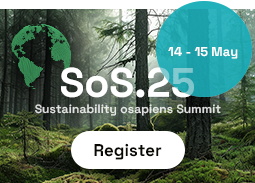Improve Supply Chain Transparency with Traceability Solutions
Achieve complete supply chain transparency with AI-powered automation that ensures product and partner data traceability. The osapiens HUB simplifies compliance with regulations such as EUDR by automating the tracking of product origin and sustainability attributes.
Implement a robust traceability system to meet the growing demand for accountability throughout your supply chain. The osapiens HUB integrates seamlessly with existing processes, enabling real-time data collection and reporting to support compliance and strengthen stakeholder trust.
Designed for industries ranging from retail to manufacturing, the osapiens HUB provides a scalable solution for integrating end-to-end traceability into your supply chain strategy, unlocking opportunities for improved efficiency and sustainability.
osapiens: Your Partner for Supply Chain Traceability
Managing supply chain complexity and ensuring traceability can be a challenging, especially with the rise of ESG requirements and global sustainability standards. The osapiens HUB provides an innovative solution to help companies achieve full traceability across their operations, driving efficiency and compliance.
The osapiens HUB for Traceability simplifies the collection and management of supply chain data, ensuring compliance with regulations such as EUDR and other ESG standards. By providing a transparent and user-friendly platform, osapiens helps you track product origins, validate supplier certifications, and align operations with sustainability goals.
Discover how osapiens solutions empower companies to turn supply chain challenges into opportunities with seamless traceability and compliance tools.
What is traceability?
Traceability enables companies to track a product's journey from raw material extraction to the end consumer. Data is collected, analyzed and made transparent at every step along the supply chain.
Typical applications include
- Sustainable procurement: Verifying that raw materials come from responsible sources.
- Traceability of food: Ensuring that products meet certain quality standards.
- Transparency in the fashion industry: Proving compliance with labor rights and environmental protection standards.
Why is traceability crucial?
In an increasingly regulated economy, traceability is essential:
- Compliance: Regulations such as EUDR and the European Due Diligence Directive (CSDDD) require seamless traceability mandatory.
- Risk management: Transparent supply chains help to identify risks such as human rights or environmental violations.
- Building trust: Consumers increasingly value transparent information about the origin of products.
Challenges in implementation
Global supply chains are often highly complex, and many companies do not have the necessary data or systems in place to ensure complete transparency. It is particularly difficult to obtain information from the lowerlevels (tiers) of the supply chain (Tier 2 and 3).
Best practices in traceability
-
Digital supply chain platforms: These centralized systems aggregate and analyze data from multiple points in the supply chain, enabling greater visibility, efficiency, and compliance. By integrating real-time data, they support informed decision-making and improve traceability.
-
Standardization: Adopting international standards such as GS1 ensures data consistency, interoperability, and reliability across global supply networks. Standardized identifiers and data formats streamline processes, reduce errors, and facilitate seamless collaboration among stakeholders.
Related Solutions
osapiens HUB for Track & Trace Food
Create trust through transparency
Quality management, regulations, and customer demands increase the need for valid product data. Use our GS1 standards-based solution to increase supply chain visibility.
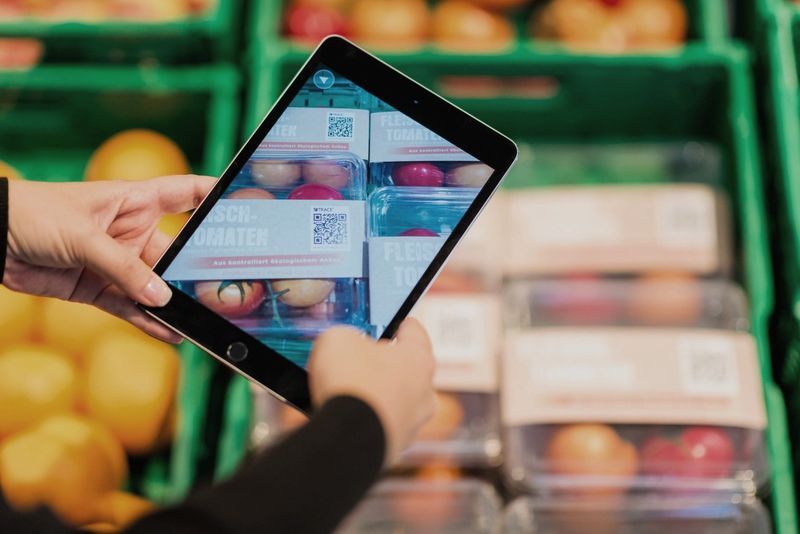

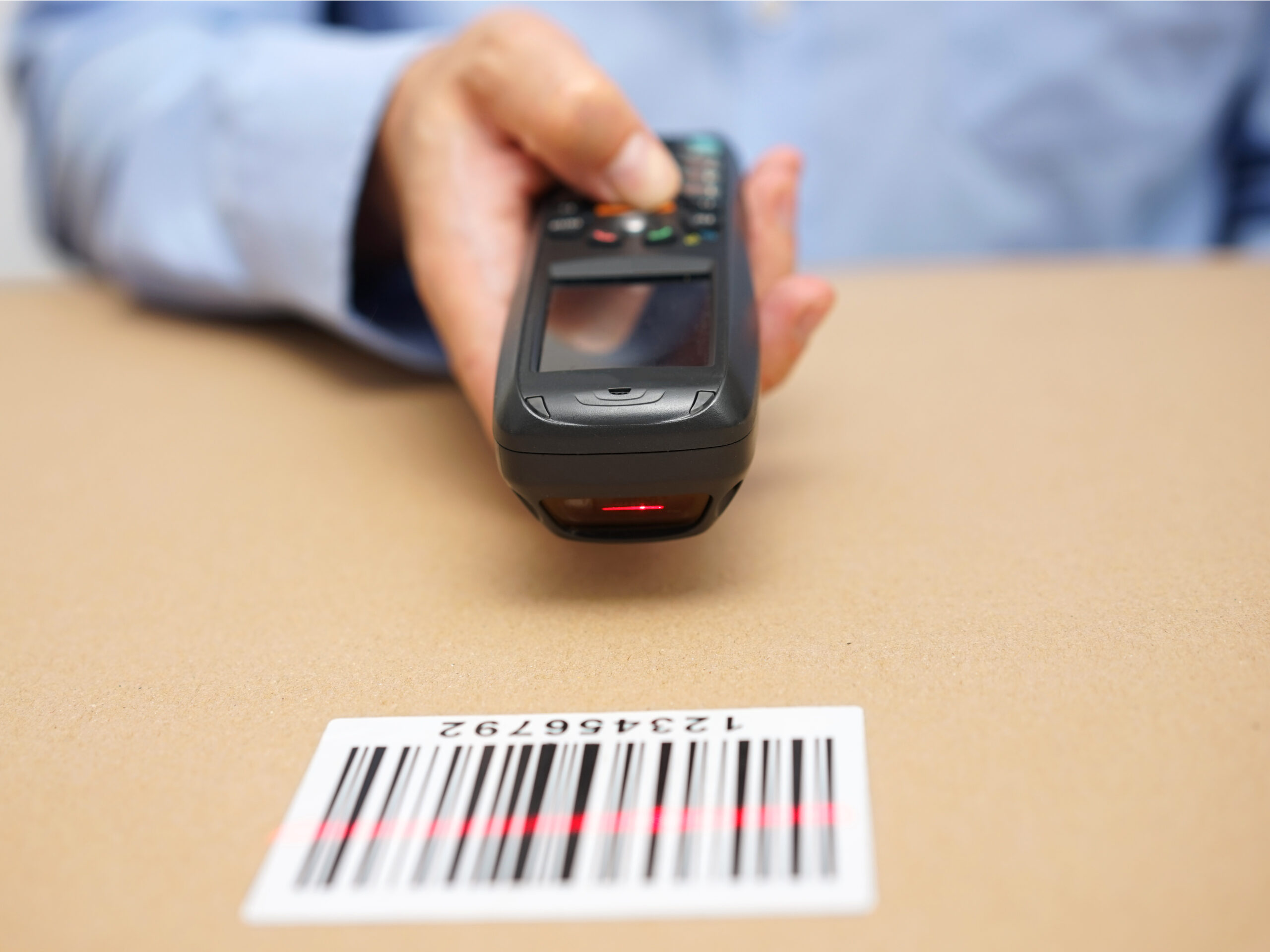
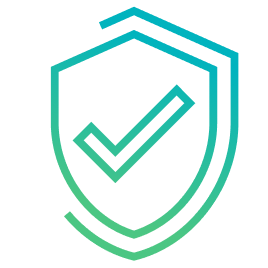
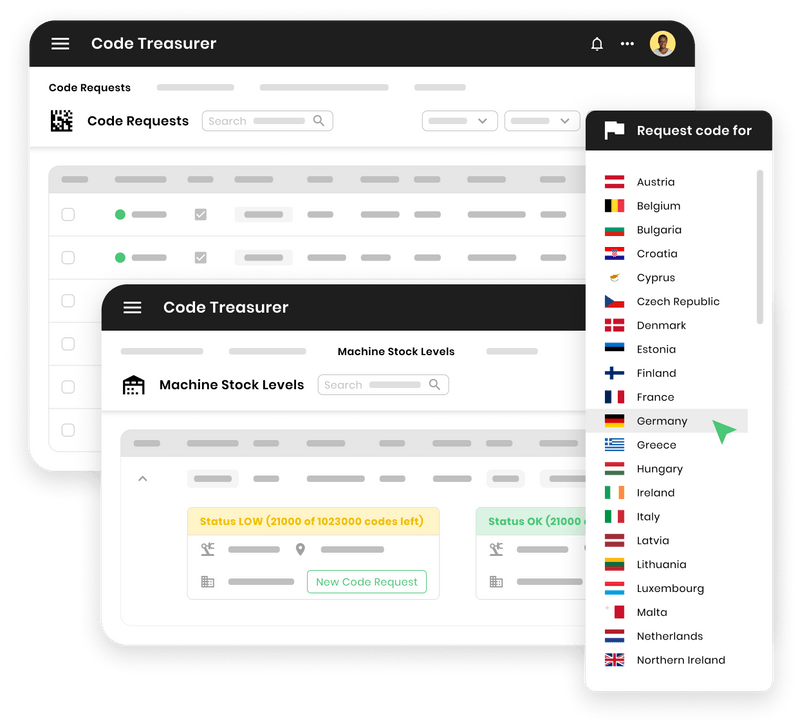
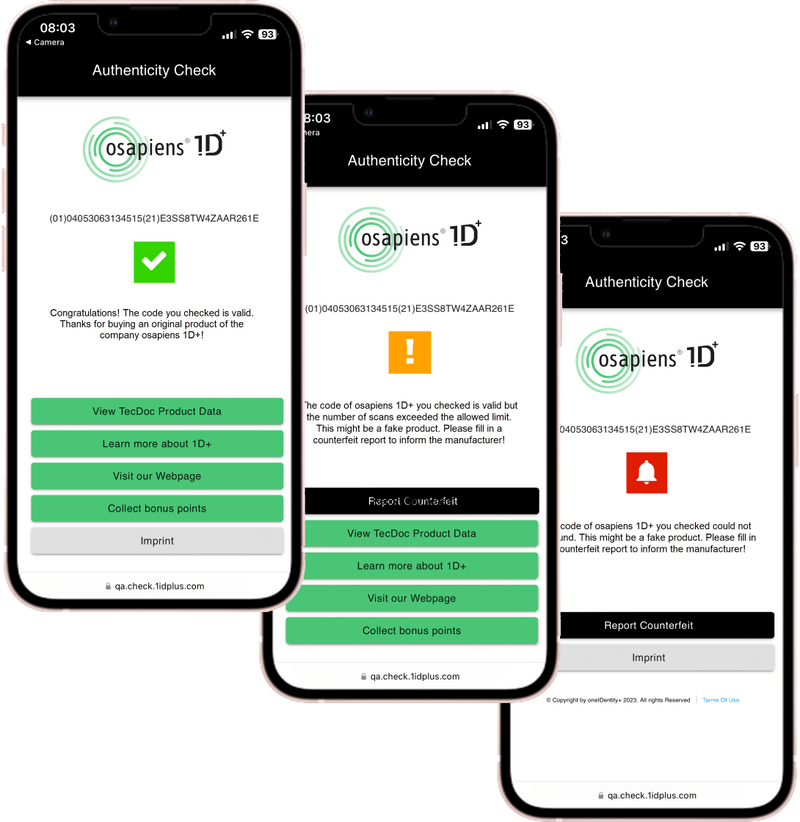
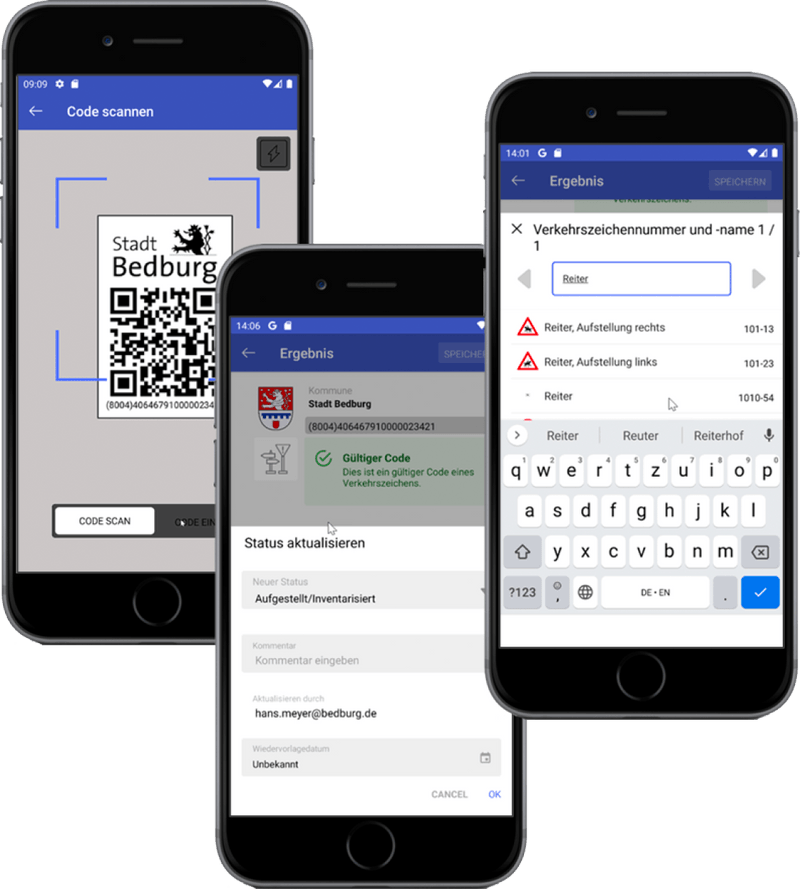

 Back
Back